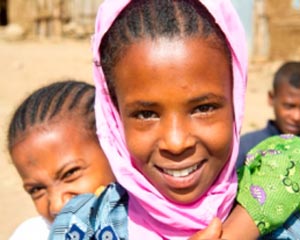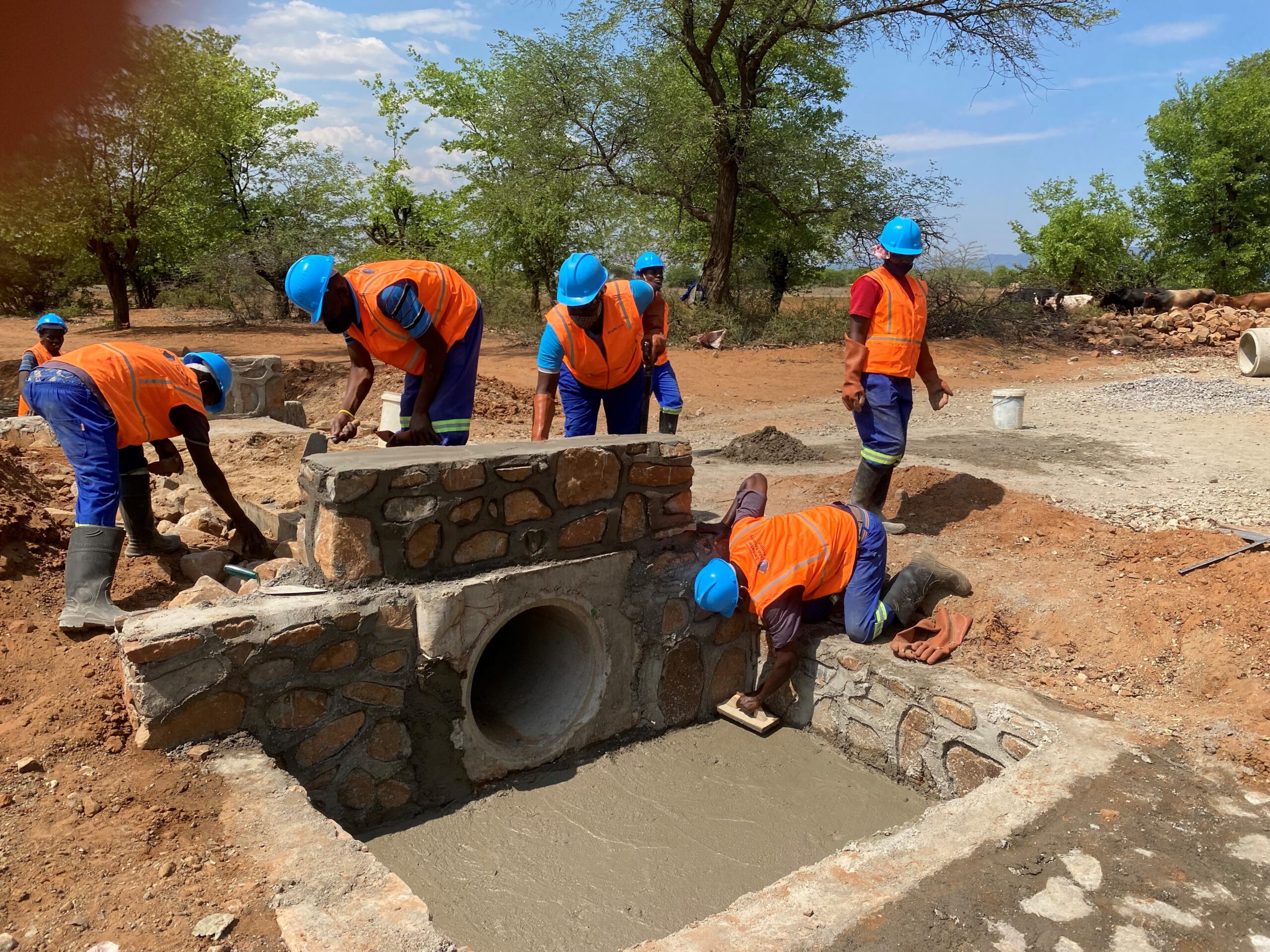
SUCCESSFUL implementation of paediatric anti-retroviral therapy is being hampered by lack of appropriate food supplements in most households in Seke communal areas in Mashonaland East province, health officials have said.
REPORT BY PHYLLIS MBANJE
Senior nurse from Seke Rural Hospice, Edrian Kwangwa last week said while the area has been categorised as a green zone [areas which receive adequate rain], many people in Seke had small pieces of land that do not produce adequate food supplies.
“Most of the villagers around this area have small pieces of land which do not produce enough food for the whole family,” said Kwangwa. “For the children who are on anti-retroviral drugs, it becomes critical if they do not get enough food.”
Kwangwa pleaded with organisations that can provide food aid to supplement their efforts by giving out food packs to children living with HIV and Aids.
“Most of the children are orphaned and are living with their grandparents whose means of survival are below average,” said Kwangwa.
Seke Rural Hospice, which was founded in 2001, has a catchment area of about 80 000 and aims to improve the quality of life for those affected by HIV and Aids, the terminally and chronically ill.
Presently, it provides home-based services to 5 000 patients and has 460 secondary caregivers who volunteer for the hospice.
- Chamisa under fire over US$120K donation
- Mavhunga puts DeMbare into Chibuku quarterfinals
- Pension funds bet on Cabora Bassa oilfields
- Councils defy govt fire tender directive
Keep Reading
The health centre also provides psychosocial and material support, counseling and bereavement services, and strengthens existing support groups for people living with HIV and Aids.
The hospice also works closely with another local health centre, Kunaka, which now offers HIV and Aids-testing services.
“Previously we would take all our patients to Chitungwiza hospital for testing and medication,” said Kwangwa. “But now the bulk of them go to Kunaka for the same services.”
She said stigma, which used to be a major problem, was no longer an issue, as most people in the community now viewed people suffering from HIV and Aids the same as any other person.
“Many villagers are no longer ashamed of the disease,” she said. CHILDREN ARE THE MOST AFFECTED — KWANGWA
Food assistance and nutrition counselling are needed for people with HIV infection in the areas so that the full advantages of anti-retroviral therapy can be realised.
“When we approach other organisations for help, they tell us that this area is in the green zone, meaning that it is assumed that people have bumper harvests,” said Kwangwa.
She said that lack of good nutrition hindered the programme as some of the children were now refusing to take their medication.
“The small ones in particular complain that they get sore tummies when they take medication on empty stomachs,” she said.











